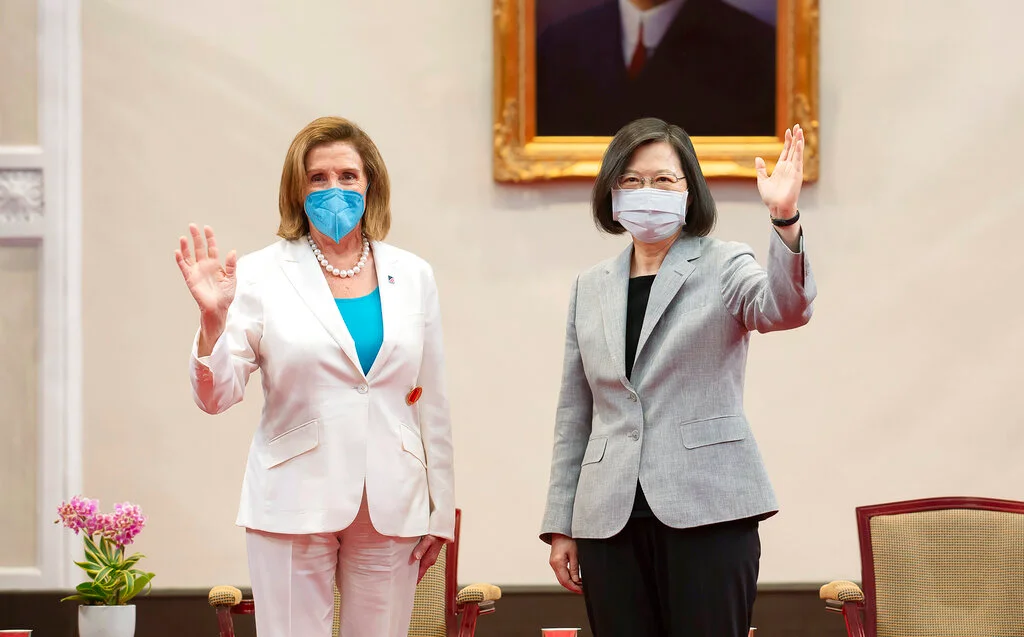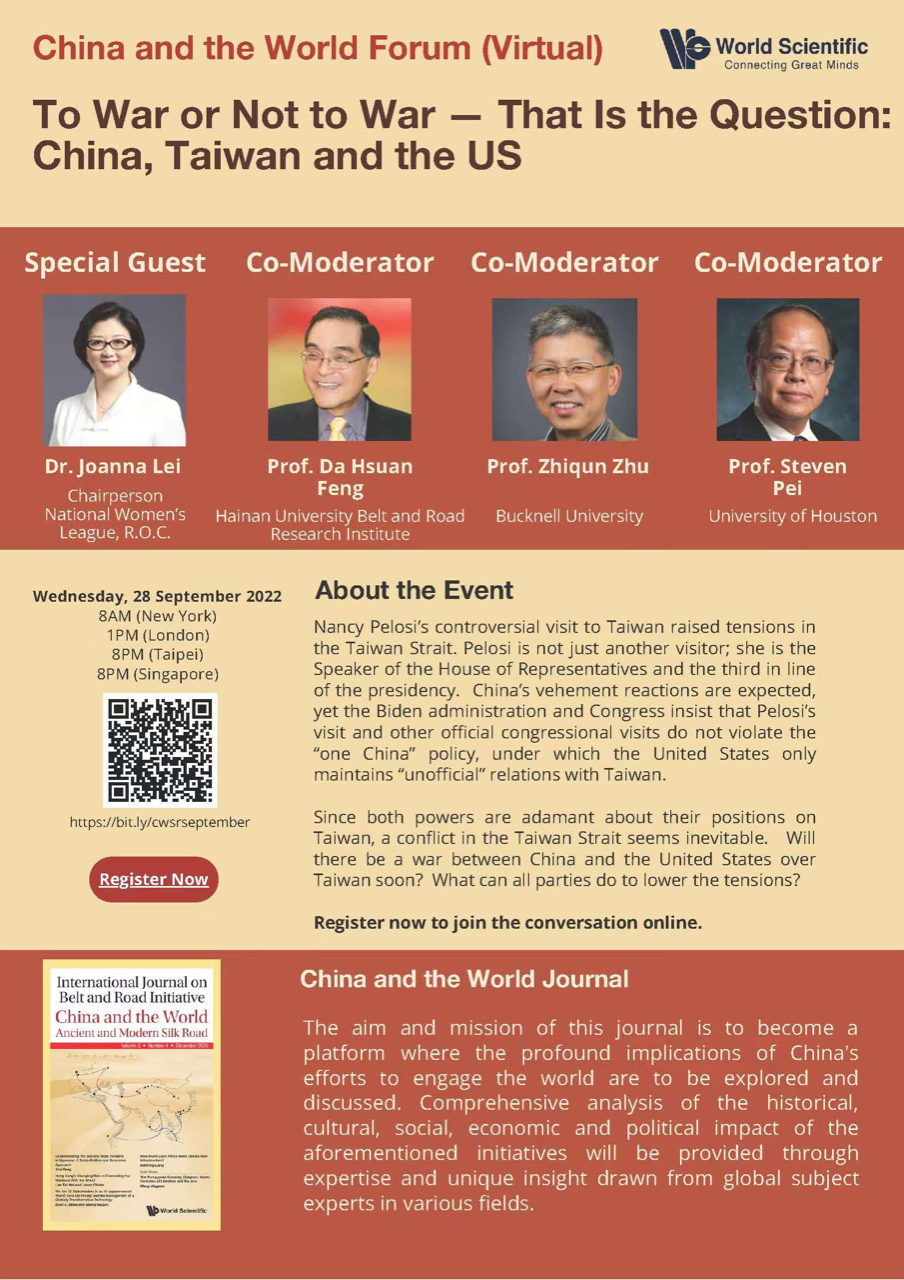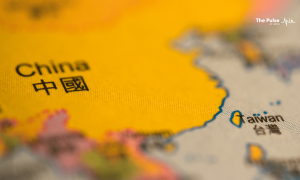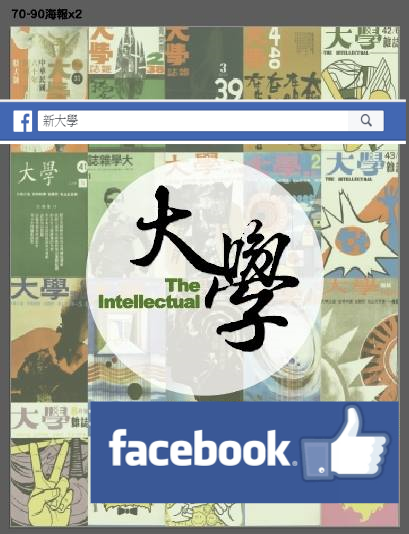♦ 本文轉載自 THE HILL。若有侵害著作權,請速告知,我們將盡速移除 ♦
2022/9/1
BY ZHIQUN ZHU, OPINION CONTRIBUTOR - 09/01/22 2:30 PM ET
THE VIEWS EXPRESSED BY CONTRIBUTORS ARE THEIR OWN AND NOT THE VIEW OF THE HILL

FILE – In this photo released by the Taiwan Presidential Office, U.S. House Speaker Nancy Pelosi, left, and Taiwanese President President Tsai Ing-wen wave during a meeting in Taipei, Taiwan, Wednesday, Aug. 3, 2022. The U.S. government has announced talks with Taiwan, Thursday, Aug. 18, 2022, on a trade treaty in a new sign of support for the self-ruled island democracy claimed by China’s ruling Communist Party as part of its territory. The announcement comes after Beijing launched military drills in an attempt to intimidate the island after Pelosi’s visit. (Taiwan Presidential Office via AP, File)
Sen. Marsha Blackburn (R-Tenn.) made news last week for her high-profile visit to Taiwan. This was the second congressional visit to Taipei following House Speaker Nancy Pelosi’s (D-Calif.) controversial visit in early August that triggered a new round of tensions in the Taiwan Strait.
Sen. Edward Markey (D-Mass.) led a bipartisan group to Taiwan on Aug. 14-15. Like Pelosi and Markey, Blackburn’s stated objective is to show support for Taiwan in face of the People’s Republic of China (PRC) aggressiveness.
Following the establishment of diplomatic relations between Washington and Beijing in 1979, Congress enacted the Taiwan Relations Act to preserve robust, albeit unofficial, relations with Taipei. Congressional visits to Taiwan have a long history as a way to support Taiwan, but they tend to be low-key and less frequent. The recent stream of official congressional visits to Taiwan are both unprecedented and unhelpful.
Taipei has become a new mecca for some politicians. With each official congressional visit to Taiwan, the United States and China become more distrustful and the Taiwan Strait becomes less secure, as evidenced by the exchange of acrimonious accusations between Washington and Beijing and continued Chinese military exercises near Taiwan.
Although travel destinations of members of Congress are not to be dictated by others, the timing and consequences of such visits may create problems — a major reason why the Biden administration and many observers and former U.S. officials expressed disapproval before Pelosi’s visit to Taiwan.
What exactly is the purpose of such visits when U.S.-China relations are at an historic low?
Are some members of Congress trying to goad China to start a war to weaken China, much like the proxy war in Ukraine, through which the U.S. has vowed to defeat Russia? Or do they represent the military-industrial complex to promote weapons sales to Taiwan?
The long-standing U.S. policy, as stipulated by the Taiwan Relations Act, is to maintain “unofficial relations” with Taiwan. Yet, recent congressional trips to Taipei have all the trappings of official visits. The official U.S. policy is not to support Taiwan independence. Yet, while meeting with President Tsai Ing-wen in Taipei, Blackburn said she “looked forward to continuing to support Taiwan as they push forward as an independent nation.”
Congress can help lower tensions in the Taiwan Strait by strictly following America’s spoken and longstanding “one China” policy, not a “one China, one Taiwan” policy that is bound to lead to conflict with Beijing.
The People’s Liberation Army (PLA) reacted fiercely to what they see as erosion of the “one China” policy and changed the security situation around Taiwan. The simulated blockade of Taiwan following Pelosi’s visit as well as daily intrusion by PLA aircraft and warships into areas near Taiwan demonstrate the island’s security is being undermined.
Instead of provoking a war, members of Congress can help lower tensions in the Taiwan Strait.
First, they should work in tandem with the White House to project a consistent Taiwan policy. Members of Congress can visit Taiwan or anywhere they would like to go, and they can express their own sentiments, but it does not mean they are free to do or say anything contrary to official U.S. policy or intentionally create a crisis. Separation of powers cannot be used to justify departure from official U.S. policy or provocative behavior.
Second, they must keep communication channels open with Beijing. Deputy Secretary of State Wendy Sherman met with Chinese ambassador Qin Gang to signal that despite differences, the two governments are committed to peaceful dialogue. With almost weekly visits to Taiwan by members of Congress and other U.S. politicians now, one is reminded that the last congressional trip to the PRC took place in August 2019, when a group headed by Rep. Dina Titus (D-Nev.) was there to mark the 40th anniversary of diplomatic relations. If some members of Congress dislike China’s behavior so much, why not travel to Beijing to speak to Chinese officials directly?
Third, they need to work with U.S. allies and partners to develop a concerted Taiwan policy. Members of Congress will shrug off Beijing’s protests, but they should not ignore concerns from regional countries. Most countries in the Asia Pacific do not favor such congressional visits and seem to side with China in the current dispute. U.S. allies and friends such as Singapore and Australia have expressed deep anxieties about the possibility of the two powers sleepwalking into war. South Korean President Yoon Suk-yeol even shunned meeting with Pelosi as she flew to Seoul from Taipei.
High-profile official congressional visits to Taiwan contradict America’s long-standing policy of maintaining “unofficial relations” with Taiwan, push the U.S. closer to war with China, unsettle U.S. allies and friends, and make Taiwan less safe. Members of Congress can do better to support Taiwan’s democracy while advancing peace in East Asia.
Zhiqun Zhu is a professor of political science and international relations at Bucknell University in Lewisburg, Pa. He has written extensively on U.S.-China relations.

♦ 專文屬作者個人意見,文責歸屬作者,本報提供意見交流平台,不代









